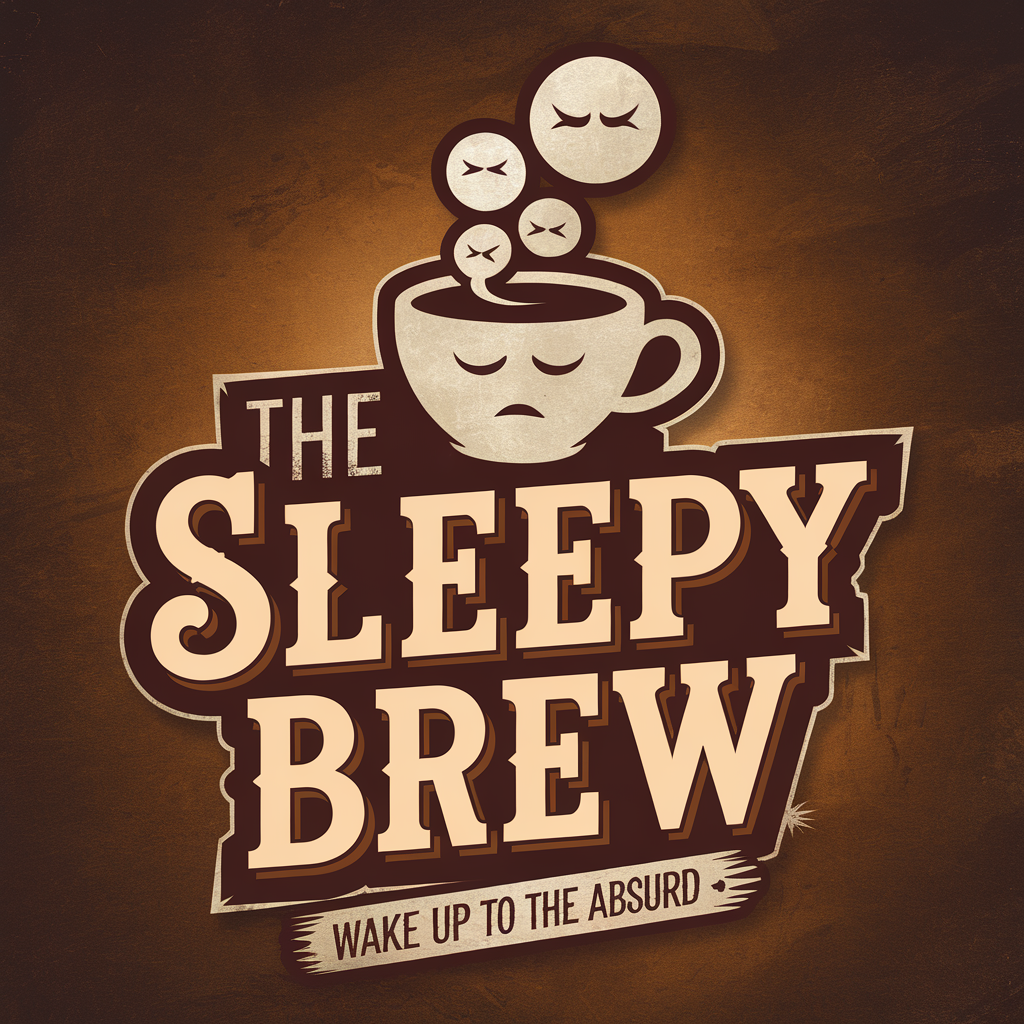A new survey has confirmed what therapists suspected all along: Americans don’t want to talk about their feelings out loud. They’d much rather text.
The study, conducted by the Institute for Emotional Avoidance, found that 90% of respondents prefer texting their therapist over face-to-face conversations. The tenth respondent said they were “too busy crying in a Trader Joe’s parking lot” to participate.
Therapists are scrambling to adapt. Some now reply exclusively in emojis. Others send TikToks of goats fainting whenever a client overshares.
“It’s efficient,” said Dr. Linda Mark, a licensed clinical social worker. “One patient sent me 47 consecutive crying-face emojis, and I just replied with the upside-down smile. He said it changed his life.”
The trend has sparked new business models, with apps offering subscription-based therapy that comes bundled with GIF packs and unlimited “u up?” messages.
Not everyone is convinced. Critics worry that text-only therapy reduces nuance. “It’s hard to unpack deep trauma when the client insists on replying with skull emojis,” one analyst warned.
Still, patients insist it’s the future. As one millennial put it: “If my therapist can’t send me a SpongeBob meme at 2 a.m., do I even want healing?”
